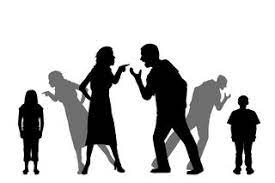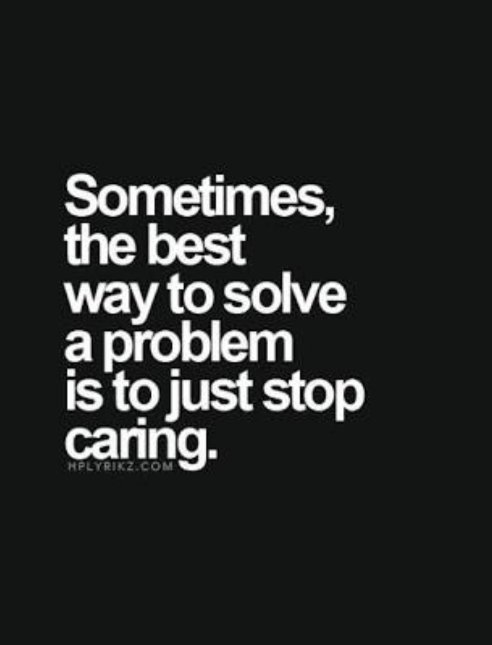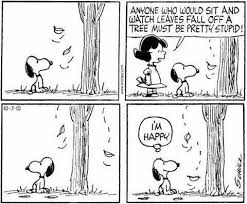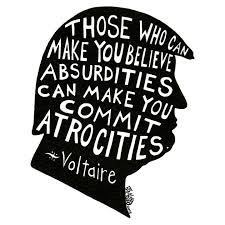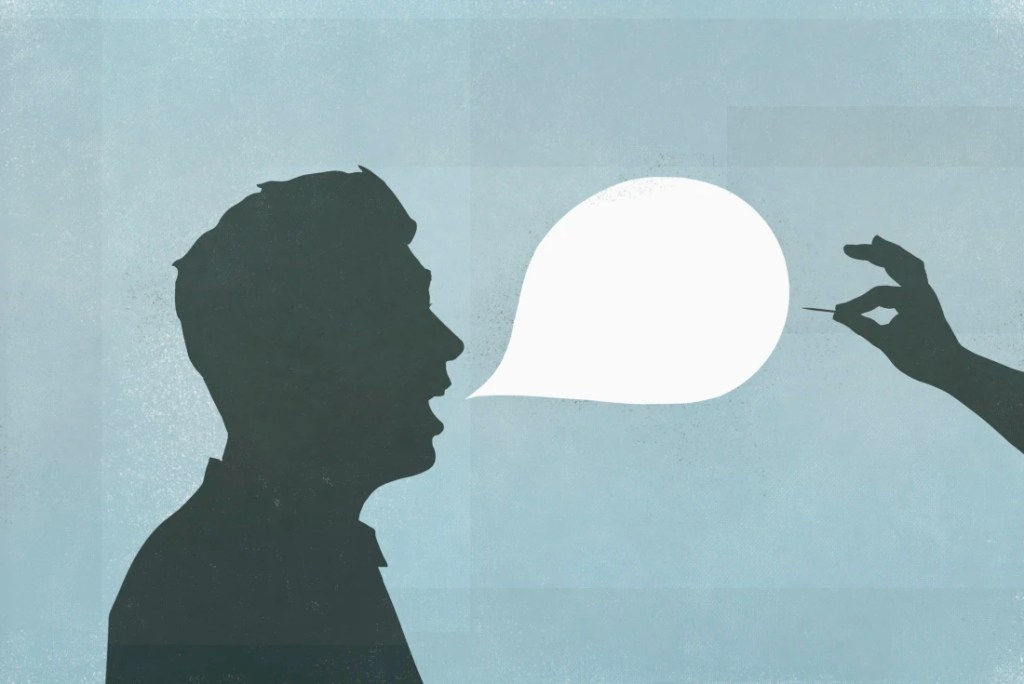As the god of transitions and dualities, Janus is portrayed with two faces—one facing the past, and one facing the future. He also holds a key in his right hand, which symbolizes his protection of doors, gates, thresholds, and other separations or openings between spatial boundaries.
That is where we are – in transition. At least I desperately hope so!
At last the Western world, which I identify with as the best civilisation in this age, has awoken to the threat within its walls.
The erosion of identity politics, uncontrolled borders and hordes of refugees from alien cultures, the surplus of elites, declining educational standards, scant academic rigour and the dearth of strong politicial leadership has hollowed western democracies.
In 376 AD, a large migration of Goths and other non-Roman people, fleeing from the Huns, entered the Empire. Roman forces were unable to exterminate, expel or subjugate them… The Roman elites were beset by squabbling and in-fighting and the Roman Empire disintegrated.
Western polities are in the throes of an identity crisis which has enfeebled them, allowing more primitive, authoritarian cultures to infiltrate our institutions and values. Internal attacks on history, convention, institutions have been endured to their detriment.
We’ve been redefining deviancy so as to exempt much conduct previously stigmatised
Senator DP Moynihan, c.1994, quoted by Tom Switzer, Weekend Australian 30 Dec 2023
The moral outrage displayed under the Black Lives Matter banner fuelled the looting, toppling of statues, burning of cars and widespread defiance and confrontation of police. The cause was the death in police custody of George Floyd, a drug using criminal.
Such was the righteousness of this outrage that Democrat Senators took a knee as did many sportspeople, virtue signalling their acceptance of guilt for somehow being the cause of the failure of a huge majority of black people to succeed in modern society.
A number of state governments began considering paying reparations for slavery 100’s of years ago, at the expense of current taxpayers.
This challenge to society occurred during the period that the #metoo phenomenon strengthened the cancel culture which had stifled freedom of speech in universities.
Over the last decade, the West has been inundated by floods of refugees from the Middle East and Africa. Many of these people have not been absorbed into society and are living informally in squalid conditions, contributing to huge welfare demands and a rise in violent crime.
The decades-long lenient immigration rules in the UK have resulted in a huge influx of Sout East Asians and Africans. Such is this impact that many churches in the UK have been transformed into mosques and Muslim radicals protest at military funerals. Curry and rice long surpassed fish and chips as the favourite food choice.
Decolonisation is a rallying cry of the progressive left, but it no longer means the freeing of former colonies, it means racialising and disparaging the historical legacy of Western civilization.
Frank Furedi, Weekend Australian 30 Dec 2023
2023 saw a swing to the right, with the election of right wing governments committed to crackdowns on migrants and stricter border controls. In Australia the rejection of the Voice referendum, knocked back a flimsy political virtue signal aimed at empowering Aboriginals by according them extra constitutional power.
There are clear indications that there is a strongly building conservative resistance against the ideology of multiculturalism and the rewriting of history from the viewpoint of non Europeans.
What a swing of the pendulum to the right will require is for the hitherto generally silent middle mass of the population to bestir itself and defy the attacks on freedom of speech and the the right to police public order.
It will require resolute, courageous leaders determined to hold a firm stance and withstand media pressure.
The incursion of identity politics into everyday business and social life must be resisted and diminished. The rights of parents to be informed and make decisions for their minor children must be unequivocally upheld.
It will entail the rolling back of recent liberties like illegal behaviour during demonstrations, the tolerance by governing bodies of bigotry and hate speech and increasing surveillance of society.
The hard edge of this civilizational conflict is in the proxy wars in Ukraine and Gaza. Ukraine stands against the invasion by personal direction of a ruthless, totalitarian dictator. Israel stands against those that attack its people and seek its annihilation. It is a bastion of Western democracy, surrounded by autocratic regimes probably directed by Iran.
Russia, Iran, North Korea, and China are autocratic regimes, superpowers that seek to subdue the influence of the Western world. They have a number of alliances and huge and extreme military arsenals. They operate clandestinely, funding cyber attacks and external terror groups while shaking their nuclear swords.
Israel opposes and counters Iran’s influence and confronts its proxies, Hamas, Hizbollah and the Houthis, with assistance from Western allies. Russia is assisted by Iran, China and South Korea in its war with Ukraine, who is backed by the West.
So the choice is coming closer and it is serious.
Who do you support?
The rewriters of history and seekers of reparations for slavery;
or
The defenders of invasions of their country and of the western constitutional democratic freedoms.




